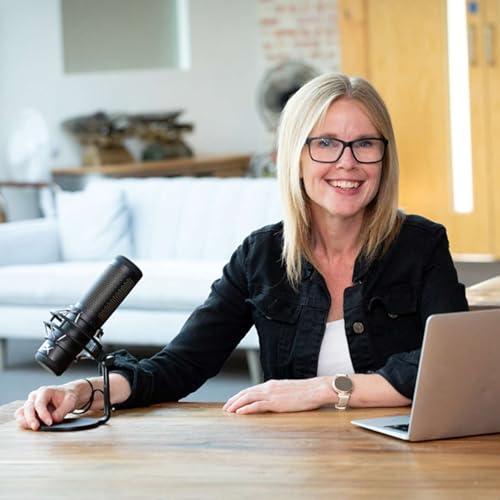This series critically explores adversity and trauma, what it is and how it plays out in an educational context. On the show with me is Jo and Rachel from an FE college in the north of England. In this final episode we discuss the benefits and limitations of trauma-informed training, policy and practice and the implications for building trusting relationships from a pastoral perspective.
I begin the show by asking Jo and Rachel what being trauma-informed means to them in their role.
Jo tells us about the trauma training they've received being similar to safeguarding training. Through safeguarding, students are known to them and pastoral support thus acts as the go between for students and teachers. Trauma training in this respect is more in-depth for those working in pastoral support.
I ask both Jo and Rachel a bit more about the type of training they've had. Jo discusses their big set piece where all members of staff received some core training from a guest speaker. Staff also receive professional development training depending on the role they have. Rachel continues with discussing additional online training she has sought herself.
06.06: Jo talks about the overlap between safeguarding training and trauma informed practice. Training is used to inform teachers what to look for in terms of student behaviour in the classroom.
06.58: I then ask about the impact the training has had on the adults who work with the young people who have experienced trauma. Jo responds with how understanding and empathy has been developed as well as other skills such as pausing before reacting as result of the training. Rachel discusses how there is open dialogue with teachers across the college as some won't feel they know enough or won't need to be fully trained in trauma. With this, teachers can talk to the pastoral team for a young person to be sign posted to other services such as counselling and not necessarily need to take it on themselves.
10.00: I take the conversation into the potential breakdown in relationships between teacher and student when other professionals are involved. I was curious to learn if signposting had an impact and if so, how. Rachel felt the signposting was open between all parties and believes this had a positive impact as it provides a wrap-around service.
12.23: I ask just how open the dialogue is. Rachel talks about how necessary it is to be open though there may be students who don't want to talk or want the adult to know something. Conversations need to be had with a degree of confidentiality to protect everyone.
14.50: I ask Jo and Rachel if they have any success stories they can share following all we have discussed. Rachel talks about the positivity of wrap around support with one particular student in mind who had experienced multiple adversities and trauma. This student had members of staff who cared and she made it through her A-levels and went onto study nursing at university.
18.08: We continue the show with discussing how those who have lived negative experiences will either continue to do so in adulthood or they'll move into a helping role such as teaching or nursing. Jo talks about an access to HE course where adult learners take up their education but have a lot to overcome in a short time.
To finish I ask Jo and Rachel if they feel more can be done in relation to policy and practice. Whilst Jo believes more can always be done, she felt the training was plentiful and talked about there being a budget for staff who want to access further training. Rachel adds how this contributes to the pool of knowledge and from that, as a college, they've been able to move away from traditional behaviour policies such as with disciplinary policy to more relational policy. I think this gives a humanistic feel towards something that can be difficult and this prompts me to ask what the challenges have been.
 Sep 2 202528 m
Sep 2 202528 m
